In major blow, Assange denied permission to appeal against US extradition
The UK’s highest court has refused to give permission to Wikileaks' founder, Julian Assange, to appeal against a decision to extradite him to the United States.
A court spokesperson said the whistle-blower’s application did not raise "an arguable point of law", dealing a serious blow to his hopes to avoid deportation.
“The application has been refused by the Supreme Court and the reason given is that application did not raise an arguable point of law” the spokesperson was quoted as saying.
Authorities in the US want the Australia-born Assange, 50, to face trial on 18 counts related to vast troves of confidential US cables published on the Wikileaks website in 2010 and 2011.
The US Justice Department has charged the whistle-blower under the Espionage Act for obtaining and publishing secret government documents, which reveal how the US military killed hundreds of civilians in unreported incidents during the wars in Afghanistan and Iraq.
The US government says the leaks broke the law and endangered lives, but Assange maintains that the case is politically motivated.
His lawyers said he is likely to launch a final appeal against the court decision.
“We regret that the opportunity has not been taken to consider the troubling circumstances in which requesting states can provide caveated guarantees after the conclusion of a full evidential hearing,” a spokesperson for Assange’s solicitors, Birnberg Peirce, said in response to the court decision.
“In Mr. Assange’s case, the court had found that there was a real risk of prohibited treatment in the event of his onward extradition.”
The case now goes back to district judge Vanessa Baraitser, the judge who first assessed the US’ extradition request.
The extradition decision will then have to be approved by UK home secretary Priti Patel. If she gives her approval, Assange could make his fresh challenge, according to his lawyers.
Assange’s lawyers have four weeks now to make submissions to the home secretary before her final decision. They found the decision to extradite Assange “too disturbing”.
Assange has been languishing in Belmarsh prison since April 2019, when he was captured from the Ecuadorian embassy where he had lived for seven years.
In January last year, Baraitser had blocked his extradition on the basis that procedures in US prisons could provoke Assange to take his own life.
The decision was later overturned by two senior judges, Lord Burnett of Maldon, the lord chief justice, and Lord Justice Holroyde, at the high court.
Assange is due to marry his fiancee, the lawyer Stella Moris, in Belmarsh prison on 23 March.
Hamas slams Israeli settlers’ ‘criminal aggression’ in West Bank
VIDEO | Press TV's news headlines
VIDEO | Iran launches 'Holy Qur'an Does Not Burn' campaign to restore mosques damaged in unrest
VIDEO | Ramadan amid the rubble: Gaza’s historic Al-Zawiya market defies odds
UN sounds alarm over US-generated energy crisis in Cuba
Yemeni leader: US-Israeli focus on Iran stems From Tehran’s role in blocking their hostile schemes
Iran’s progress ‘miraculous’ despite sanctions: Nuclear chief
Netanyahu fears fruition of Iran US talks


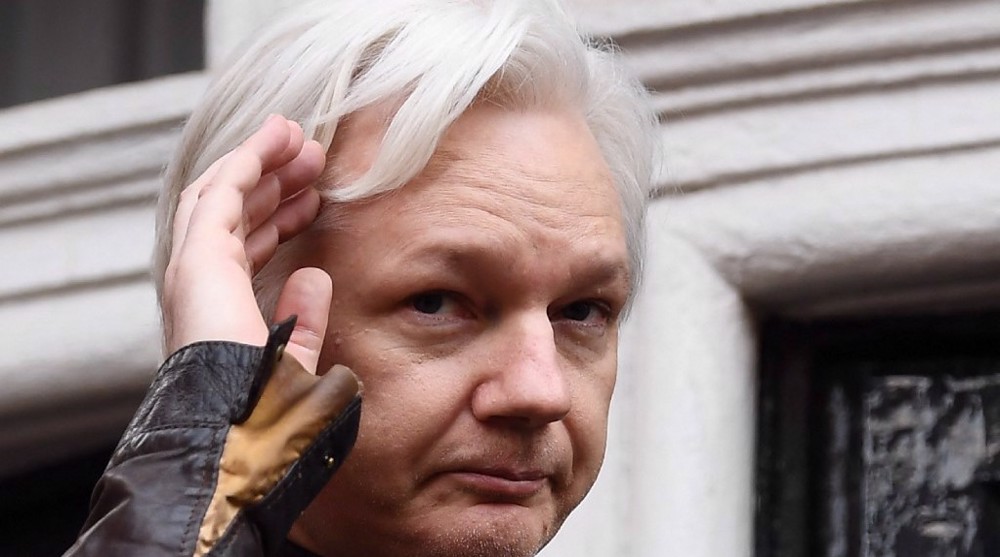
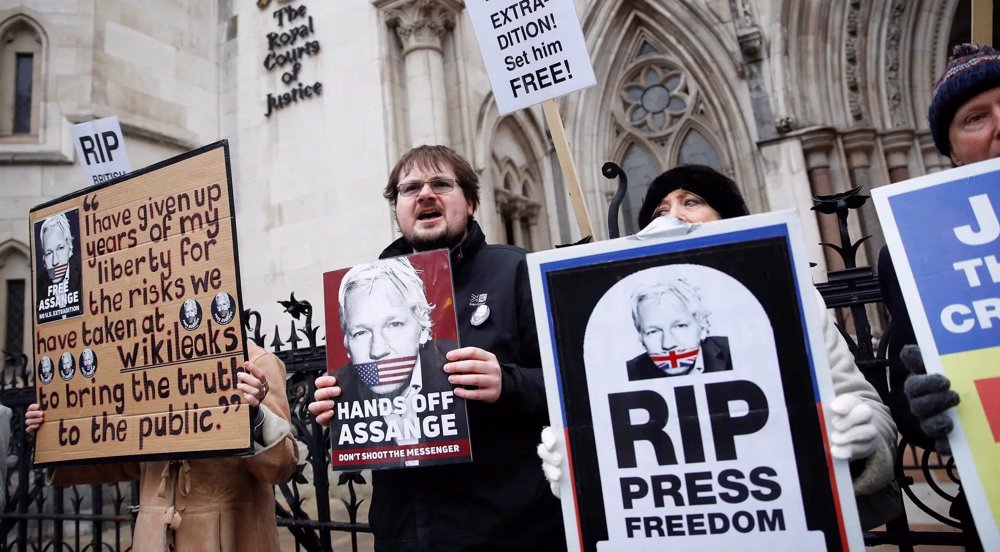
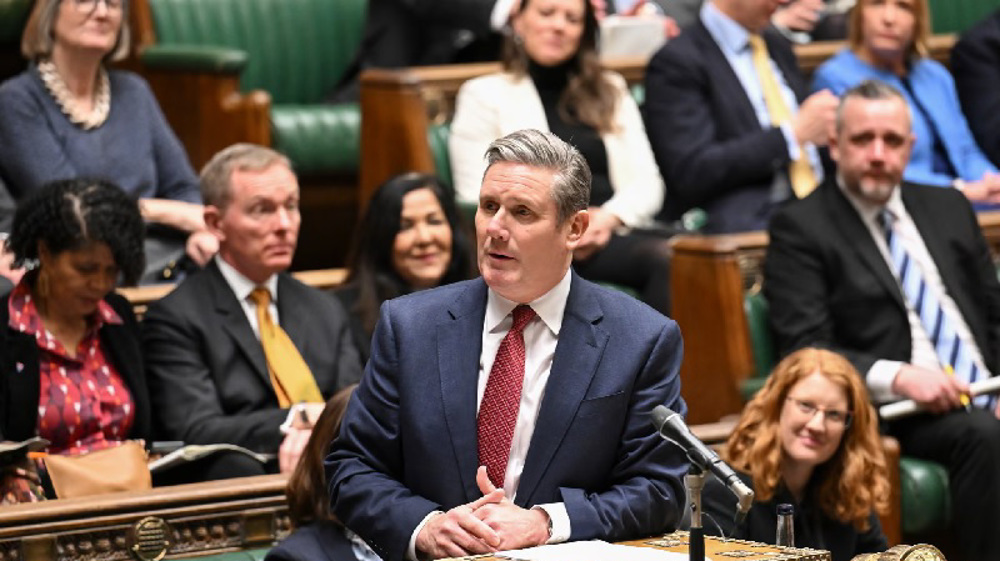

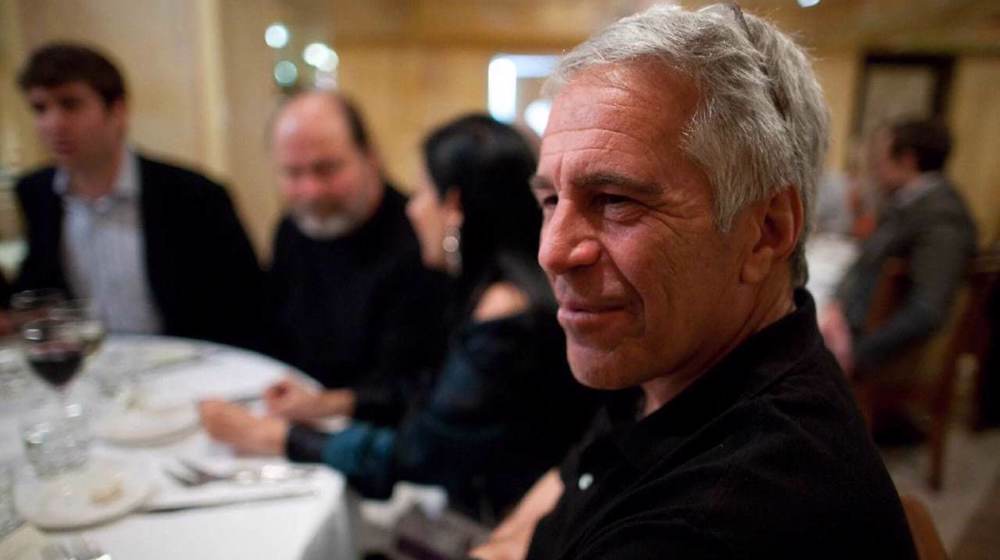



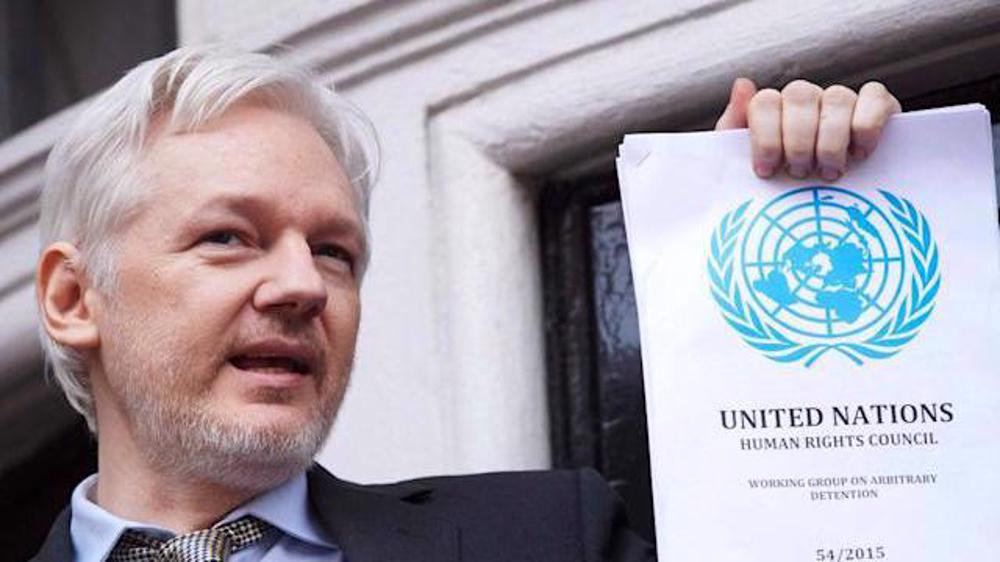
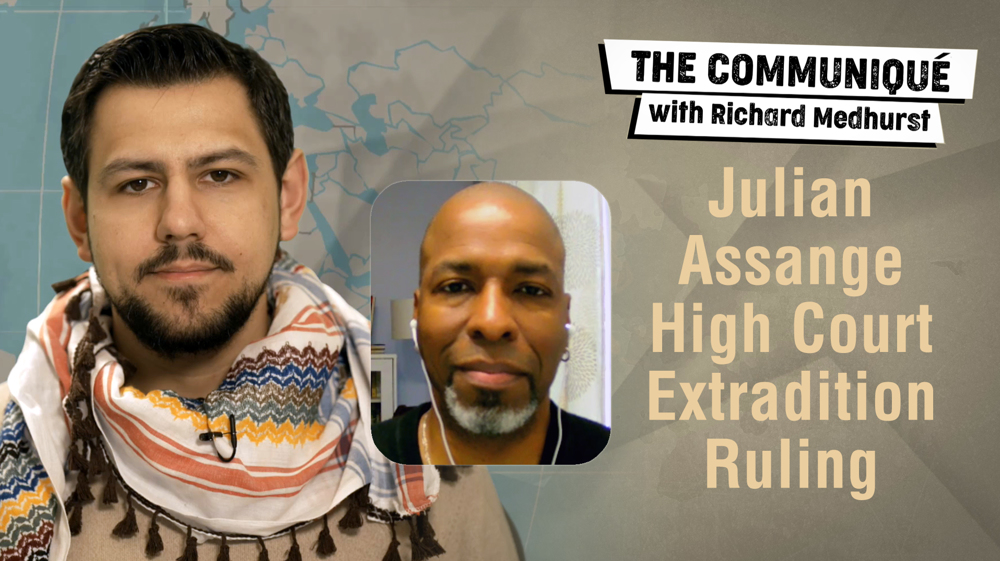
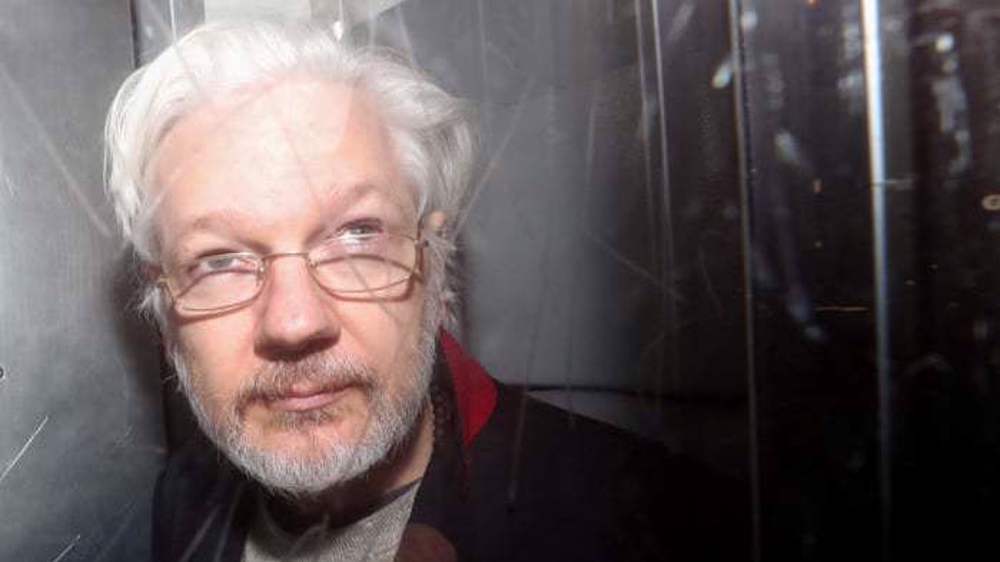
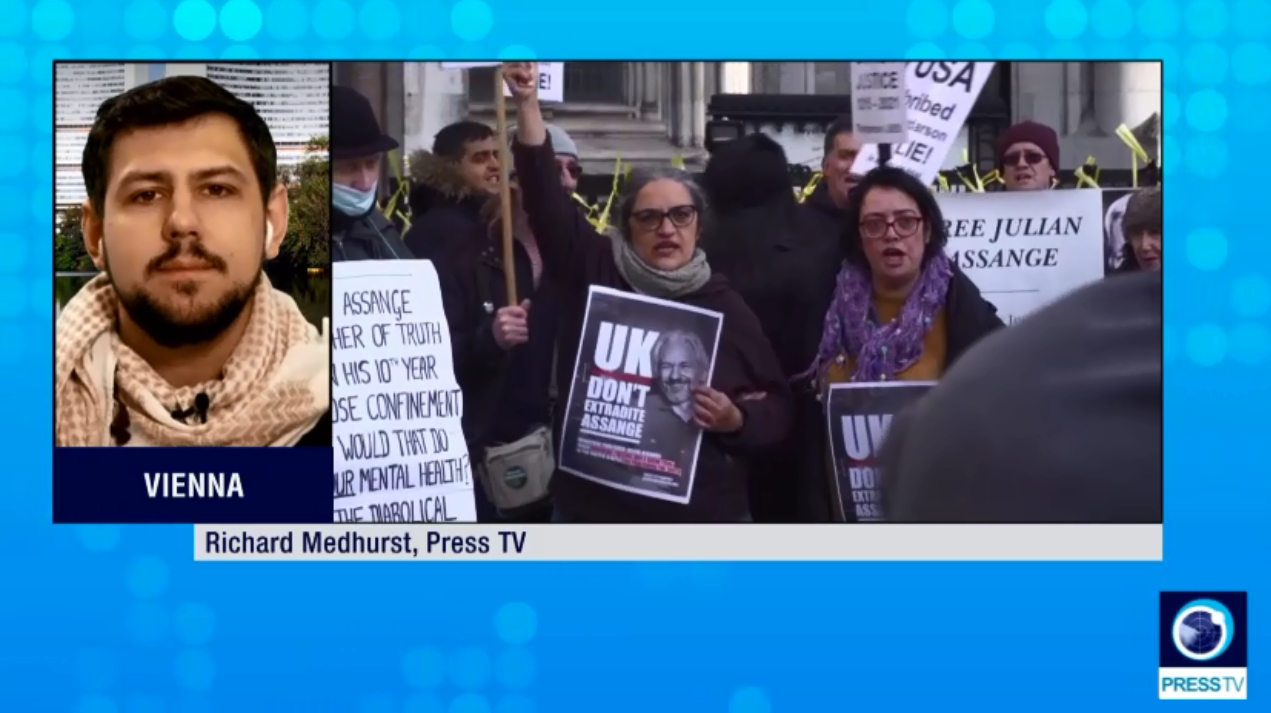

 This makes it easy to access the Press TV website
This makes it easy to access the Press TV website